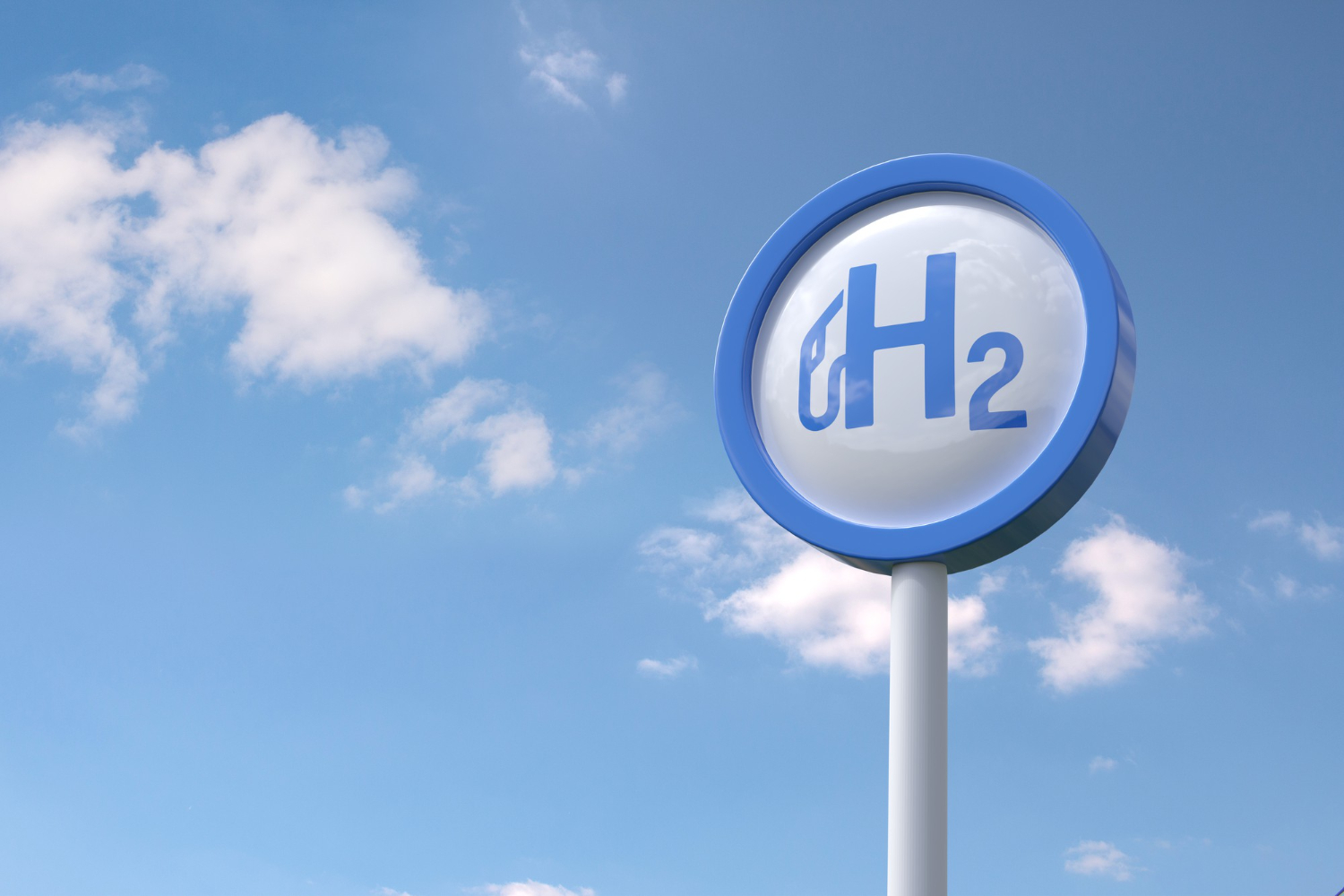„Hydrogen is the fuel of the future, and it offers the Polish energy sector a chance to transform, it will also help to replace fossil fuels in industry, transport and energy. On October 14, 2021, we signed a sectoral agreement for the hydrogen economy, which highly contributed to the development of the Polish hydrogen strategy,” says Ireneusz Zyska, Deputy Minister of Climate and Environment, Government Plenipotentiary for Renewable Energy Sources.
Today in Warsaw, the participants of the sectoral agreement for developing the hydrogen economy participated in a conference with the Vice-Minister for Climate and Environment Ireneusz Zyska.
The purpose of the event is to summarize the achievements of the sectoral agreement in 2023 and discuss the state of development of the hydrogen economy in Poland. The conference is also a forum for exchanging opinions among experts and entrepreneurs on current and future trends in the field of hydrogen economy, key challenges and Poland’s role in the energy transition.
Interestingly, Poland is the first country in the European Union to conclude a sectoral agreement on hydrogen. The initiative involves as many as 255 entities from the public administration, business and science. The agreement contributed to the creation of hydrogen valleys.
„By 2030, 5 hydrogen valleys are to be created, and today there are already 8 such places. Many initiatives have been started, such as the construction of a hydrogen refueling station of the Polsat Capital Group in Ursynów in Warsaw. Currently, as many as 14 stations are under construction, which will allow transport based on renewable hydrogen,” said Deputy Minister Zyska.
„The first goal is to develop the so-called local content. We want Poland not to be an importer of ready-made technological solutions in the perspective of 10 years, but to be a country that develops its own hydrogen installations and is an exporter of electrolysers, hydrogen buses and ideas for the energy sector. We have a huge scientific and industrial potential to achieve an advantage in foreign markets,” he stressed.
It is worth noting that the development of the industry has not yet gained the expected momentum, but the prospects are promising. „Hydrogen will be the fuel of the future. Currently, green hydrogen is quite expensive, but if we get cheap energy, we will be able to lower its price. All airlines are looking for synthetic fuels, and our products are in demand. Over time, we will be able to expand our portfolio of green fuels. We need to focus on the future, because in 5 years the production of hydrogen will be improved and more profitable,” says Józef Węgrecki, member of the management board for operations of the Orlen Group.
Despite the successes, Deputy Minister Zyska also presented solutions that would accelerate the development of the industry. He pointed out that Poland needs to create a public-private partnership that will develop the hydrogen economy in the country. In this way, the institution could seek funding from entities, as well as represent achievements on the international stage and conduct a dialogue with international institutions and corporations.
According to the ministry, Poland has achieved a lot of success, but the sector is still facing obstacles that hinder the growth of the industry. The main barriers include the lack of financial support for the development of the hydrogen market, the lack of dedicated actors supporting the development of the hydrogen economy, the lack of formal consolidation of the partnership and limited coordination resources. Another barrier is the limited possibility of organizing work, offices, services, as well as underused potential of experts.
It should be noted that Poland is one of the leaders, the third producer of hydrogen in Europe, although it is mainly produced using natural gas (gray hydrogen). According to the Climate Ministry, with the development of renewable energy capacity, and especially thanks to the expansion of offshore wind farms in the Baltic Sea, the production of green hydrogen will increase, which will translate into a wider use of this energy carrier in transport, industry and energy.
Prepared by Jacek Perzyński









